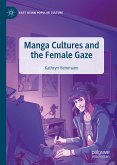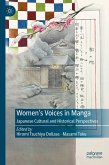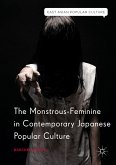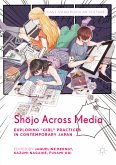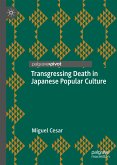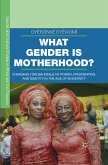This book defines tojisha manga as Japan's autobiographical comics in which the author recounts the experience of a mental or neurological condition in a unique medium of text and image. Yoshiko Okuyama argues that tojisha manga illuminate otherwise "faceless" individuals and humanize their invisible tribulations because the first-person narrative makes their lived experience more authentic and relatable to the reader. Part I introduces the evolution of the term tojisha, the tojisha movements, and other relevant social phenomena and concepts. Part II analyzes five representative titles to demonstrate the humanizing power of tojisha manga, drawing on interviews with the authors of these manga and examining how psychological or brain-related symptoms are artistically depicted in approximately 40 drawings. This book is highly recommended to not only scholars of disability studies and comic studies but also global fans of manga who are interested in the graphic memoirs of serious social issues.
Yoshiko Okuyama is Professor of Japanese studies at the University of Hawai'i at Hilo, USA. Her recent publications include Japanese Mythology in Film: A Semiotic Approach to Reading Japanese Film and Anime (2015) and Reframing Disability in Manga (2020).
Dieser Download kann aus rechtlichen Gründen nur mit Rechnungsadresse in A, B, BG, CY, CZ, D, DK, EW, E, FIN, F, GR, HR, H, IRL, I, LT, L, LR, M, NL, PL, P, R, S, SLO, SK ausgeliefert werden.



